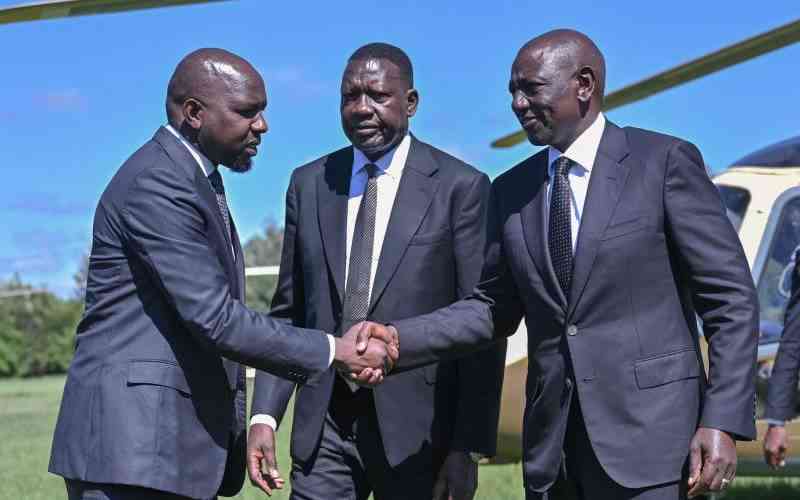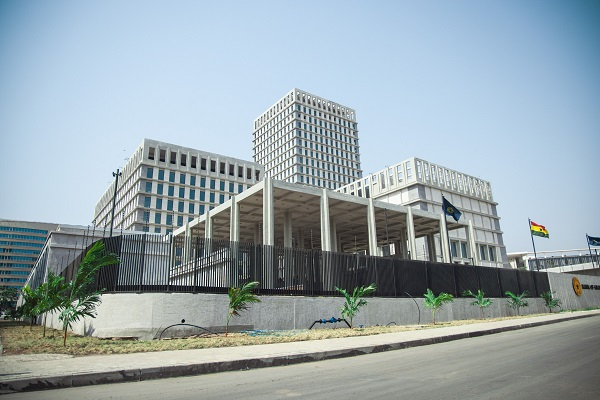India Curbs Exports to Bangladesh via Land Ports to Ensure Fairness

India has decided to restrict Bangladeshi ready-made garment (RMG) exports and other consumer goods through land ports, a move aimed at ensuring fairness and equality in bilateral trade relations. According to government sources, this decision is a response to similar trade barriers imposed by Bangladesh on Indian yarn and rice. The new policy dictates that ready-made garments from Bangladesh can only enter India through Kolkata and Nhava Sheva sea ports, effectively barring imports of several consumer items via land transit posts in the Northeast region.
The restricted items include plastics, wooden furniture, carbonated drinks, processed food items, fruit-flavored drinks, cotton, and cotton yarn waste. These items will not be allowed entry through land customs stations and check posts in Meghalaya, Assam, Tripura, and Mizoram, as well as Phulbari and Changrabandha in West Bengal, as per a government notification. This decision comes five weeks after New Delhi ended a nearly five-year-old arrangement for trans-shipment of Bangladeshi export cargo to third countries via Indian airports and ports.
Sources indicate that these land port restrictions are intended to restore equality in the trade relationship between the two countries. While India had previously allowed unrestricted exports from Bangladesh, Bangladesh has been restricting transit and market access to the Northeast region. The new measures aim to provide equal market access for both nations.
India's position is that the trade relationship with Bangladesh will operate on reciprocal terms. Restricting imports of ready-made garments through only two seaports mirrors Bangladesh's trade restrictions on Indian yarn and rice, as well as the selective enhancement of inspection on all Indian goods exported to Bangladesh. This move is expected to significantly impact Bangladesh's RMG sector, which is a major global exporter with an estimated value of USD 38 billion in 2023. Annual RMG exports to India are valued at around USD 700 million, with 93% of these shipments entering through land ports.
New Delhi is also addressing what it views as Bangladesh's assumption that the Northeastern region is a captive market. The sources stated that Bangladesh cannot selectively dictate terms of bilateral trade for its sole benefit, assuming the Northeast is a captive market for its exports while denying it market access and transit. As Prime Minister Narendra Modi has emphasized, the Northeast is integral to the BIMSTEC regional grouping. The equal market space now available in the resource-rich Northeast is expected to boost manufacturing and entrepreneurship in the region under the Atmanirbhar Bharat schemes and policies.
There are currently 11 land transit points in the Northeast for trade between India and Bangladesh, with three in Assam, two in Meghalaya, and six in Tripura. India had previously permitted the export of Bangladeshi goods through all land trading points and seaports without undue restrictions. However, Bangladesh continued to impose port restrictions on Indian exports at Land Customs Stations (LCS) and Integrated Check Posts (ICP) bordering the Northeastern region.










